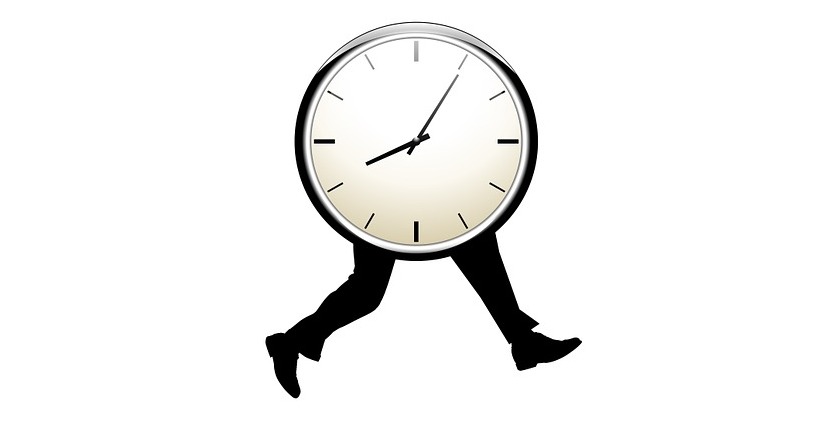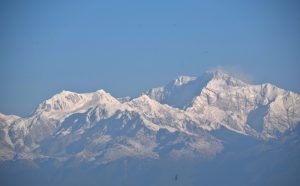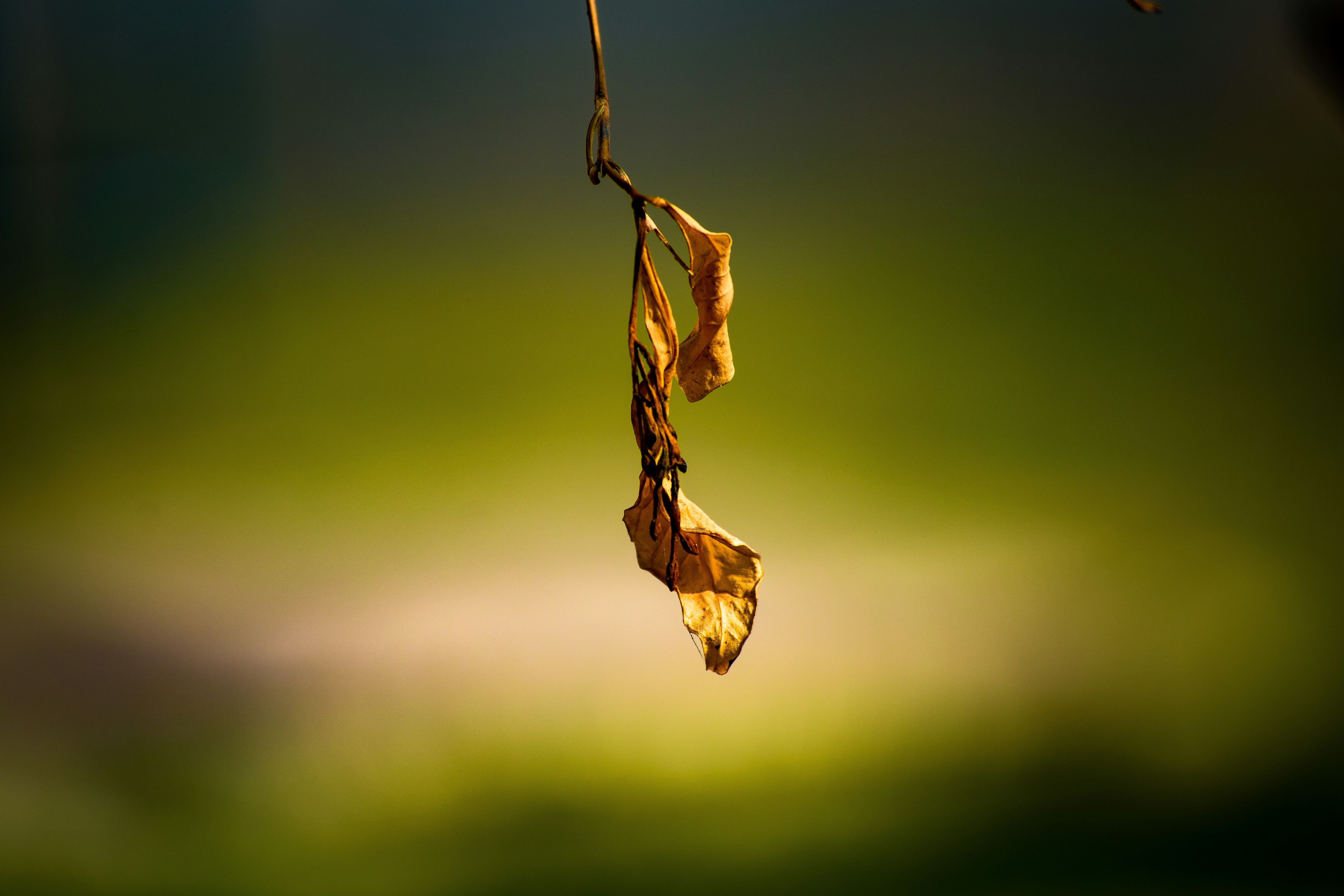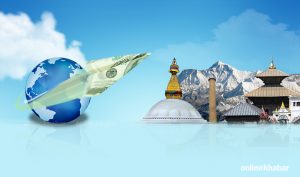Any sort of health crisis at any scale (community transmission, epidemic or pandemic) is always crushings. The current global health crisis of Covid-19 is no exception. It threatens minds and emotions; it bangs economy; it alters the psychology of people. In one way to others, it generates pain and obsession. It is too cruel. What follows is an elegy that glorifies grief.
However, the foundation of art and creativity is formed and flourished in such debris of devastation. We know a popular Mexican proverb: “Of pain, poem; of sorrow, song.” It is too hurry now to tell exactly how the pandemic is going to affect and benefit arts and letters. But, one thing is obvious that this pandemic has given us a pause in our daily routine of activities and we have started wondering about all these happenings. Scientists, medical professionals, social workers, poets, journalists, even the religious figures are grieving alike. However, they are not yet consumed by helplessness. There are some who look forward to the times ahead to remind us of some of the silver-lining of the pandemic.

A serious pandemic is not all bad and so is the Covid-19. An article from The Atlantic by an MIT professor Alan Lightman titled “The Virus Is a Reminder of Something Lost Long Ago” argues Covid-19 has given us freedom from the prison of time-driven lives that had put human beings under the grip since the industrial revolution of the 18th century. We are slowly moving into an unrestricted lifestyle that defines the time in terms of speed and productivity. Now, time is no longer a personal possession rather it is a capital and a commodity, driven by market forces. When we lose our freedom over our time like what we used to until the pandemic locked us down, we become the prisoners of job, money, and ambition. We turn into workaholics. No doubt, work is important, but it is also that we are more than workers. We are social, cultural, and emotional creatures. We also require to have unstructured, beckoning time to imagine as well as to socialise. Regular jobs can turn someone brilliant into someone dutiful. But, now, the pandemic has made our lives slow and provided us with full access to enjoy with it. For the first time, we are able to ‘waste’ some portion of the time without any worries.
As Lightman argues in In Praise of Wasting Time, wasting time is as important as utilising it. Our body tires and so does the mind. So, we need to have a rest. There is always a chance that a restless mind results in anxiety and apprehension. It cannot imagine, think, dream, and explore. And, it cannot be prodded to be productive, as Irish statesman and philosopher Edmund Burke famously said, “The march of the human mind is slow.” It needs, occasionally as a farm does, to lie fallow. It truly refreshes when it has nothing to do in particular. When the mind moves freely without any hindrances, purpose and gain, it finds the door of creativity. Lightman brings the reference of Carl Jung as validating examples. Carl Jung, a Swiss psychiatrist, did his most creative thinking and writing when he took time off from his frenzied practice in Zurich to go to his country house in Bollingen, Switzerland. Similarly, Gertrude Stein, an American novelist used to wander in the countryside looking at the cows in the middle of any writing project. Religions, particularly Hinduism and Buddhism, and psychological theories abound with further examples and explanations to indicate a connection between creativity and tranquil reflection.

With the forced slowing of life granted by the coronavirus, we can rethink about our involvement with and management of time. Several of us have used our stay-at-home time to do creative things with our families, and in a surprising number of cases, we have produced music, poetry, art, or video that millions of other people have enjoyed on YouTube and social media platforms. We have time, finally, for engaging in creative activities without any pressure in this pandemic.
The world was wonderful before this pandemic. Imagination was hardly a need for the modern world. Things beyond imagination already took place. We already had a world of silver jets stitching together cities of towering skyscrapers and a globe of soaring markets and smartphone connectivity. The whole had been reduced into some dots and digits and bytes. Now, some months into this pandemic and its all tottering, the jets got grounded and the cities silent and the markets reeling. No bytes of virtual space capture the scale of the terror the virus has unleashed on us. It is kind of feeling now that there is a complete credit crunch into our civilisation. The assertion of Charles Dickens in A Tale of Two Cities echoes “it was the worst of times.” Literally, it is! Our shiny world was not well built. It was running through a thin margin. So, it falls apart. Was that effect hard to imagine?

Not really! Whatever superstitious it might sound, let’s hazard some suggestions like a quack psychologist or a voodoo scientist with the following anecdote. Back in the 2000s, I took the help of some books by Norman Lewis to enrich my English vocabulary. He would split a compound English word into its basic constituents to uncover its Greek or Latin root to show how the same root has contributed to creating many words in English. When he was dissecting the word disaster and was discussing its origin, I was struck. It combines a negative prefix ‘dis’ and a Greek word ‘astron’ which stands for ‘star’ in English. The ancient Greeks used to look at the alignment of the stars in the sky to predict luck. When the stars were in bad alignment, it presaged a disaster. Years later, it was déjà vu all over again for me when I came across the similar ancient Chinese concept, ‘Feng Shui’. Feng Shui harmonises cosmic and spiritual forces with houses or surroundings that humans inhabit to ensure happiness, success, and creativity. The import of both disaster and Feng Shui is clear: humans cannot force themselves to be happy or creative until they reconcile with the forces and factors around and above.
Professor Lightman suggests in his article in The Atlantic that the pandemic, however, is an opportunity for all of us to slow down and to restore our inner self. Our understanding and values seem problematic. Our understanding and administration of time and space need modification. We must abandon the habit of pretending that we own the universe. We must realise that we are a tiny part of an ecosystem and which is complex and organic in nature. We need to have a balanced coexistence with the spatial and temporal cycles of our life. When that happens, we can draw upon a collective fount of intelligence and empathy. Then, we are equipped with power and might to weather this pandemic.























